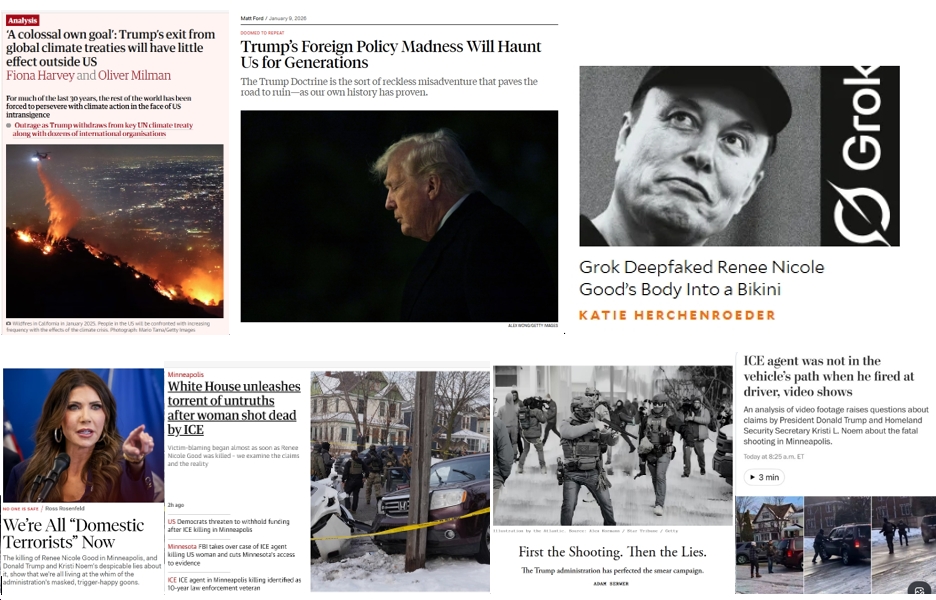
“We’ve now reached the point where mankind is controlling the climate of the planet,” said senior NASA scientist Bruce Wielicki at the Langley Research Center in Hamtpon, Virginia. Wielicki’s quote reads like a line from a science fiction movie, one that doesn’t end well for the human race.
Wielicki’s comment came in response to the recently released National Climate Assessment (NCA) report outlining, among other things, some of the negative consequences for Virginia, including: disease; more soaking rains; droughts; floods; stronger hurricanes; warmer temperatures and the risk for greater mental health related incidents. If you’re not depressed by now, you should be.
The NCA report also stated unequivocally what many of us already suspected: the effects of climate change are NOT distant threats, they’re here now and they’re effecting us now.
A quick look at the Natural Resources Defense Council’s “Extreme Weather Map 2012” shows in unmistakable detail the toll that climate change has taken on America. And of course, this could be just the beginning of a beautifully horrific narrative of extreme weather event after extreme weather event ravaging America.
I don’t know what words, statistics, graphs, personal stories, or rhetorical devices I can use to make more Americans aware of the urgent necessity to act to mitigate the worst effects of climate change now. I have seen, heard, and undertaken just about everything there is to push more folks into the “do something now camp” with only mixed
success.
Ultimately, however, our attitudes and our actions as individuals are what we have to rely on to make changes that will positively impact climate change. Ultimately, how we feel, discuss, and act on climate change will affect how others perceive climate change and our ability as individuals and a society to stop its worst effects.
This is all to say that the doom and gloom messaging is an important messaging tool to spur individual action (it’s the truth, after all), but it must be accompanied by positive thoughts, words, and actions. WE CAN come together as a society to make the necessary changes to reduce our negative impacts on the climate. WE CAN live our everyday lives in a manner that will help stem the worst effects of climate change. WE CAN stem the worst effects of climate change. WE CAN!


![Sunday News: “Trump Is Briefed on Options for Striking Iran as Protests Continue”; “Trump and Vance Are Fanning the Flames. Again”; “Shooting death of [Renee Good] matters to all of us”; “Fascism or freedom? The choice is yours”](https://bluevirginia.us/wp-content/uploads/2026/01/montage011126.jpg)

![VA DEQ: “pollution from data centers currently makes up a very small but growing percentage of the [NoVA] region’s most harmful air emissions, including CO, NOx and PM2.5”](https://bluevirginia.us/wp-content/uploads/2026/01/noxdatacenters.jpg)
![New Year’s Day 2026 News: Full Video of Jack Smith Testimony – “The attack that happened at the Capitol…does not happen without [Trump]”; Trump/RFK Jr Make Measles Great Again; Right-Wing YouTuber Nick Shirley Definitely Not a Real Journalist; Musk Did Enormous Damage in 2025](https://bluevirginia.us/wp-content/uploads/2026/01/montage010126.jpg)












